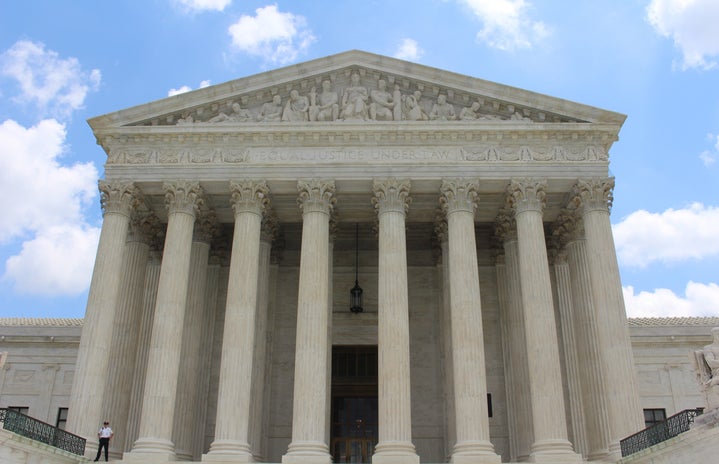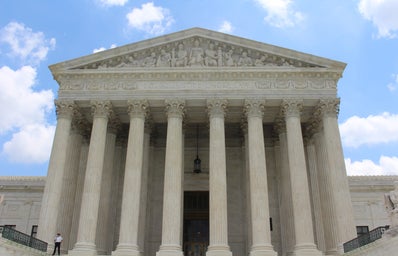On Jan. 24, the Supreme Court granted certiorari to two affirmative action cases regarding admissions processes at Harvard University and the University of North Carolina. The granting of certiorari indicates that the Supreme Court will hear these consolidated cases when they are in session next, expected to be in Oct. 2022. Although the Court has previously heard affirmative action cases, these two could prove to be crucial in the continuation or discontinuation of affirmative action programs at universities.
Mentioned in these two cases is Grutter v. Bollinger, a prior case heard by the Supreme Court in 2003. In Grutter, the Court ruled that using race in admissions was constitutional due to the compelling interest the university had in ensuring diversity amongst its students. The composition of Supreme Court Justices has changed since this decision. Only two of the Justices who heard Grutter v. Bollinger are still active, and in recent years there have been three new Justices appointed to the Court. These changes have brought into question the future of affirmative action.
Affirmative action programs were first introduced in the United States in 1961 by President Kennedy. Originally, these programs were used in federal workplaces and were later expanded to include other employers as well as colleges and universities. Affirmative action programs at colleges and universities across the US aim to reduce discrimination among students by working to include groups that may historically be underrepresented in a university setting. These groups can include individuals of a particular race or ethnicity, as seen in these cases.
The two cases the Court will hear in its upcoming session are Students for Fair Admissions v. President and Fellows of Harvard and Students for Fair Admissions v. University of North Carolina. Both cases involve Students for Fair Admissions, a nonprofit group that aims to eliminate race and ethnicity from decision-making in college admissions processes. Each case was heard in a federal trial court before being appealed to the Supreme Court. The trial courts both ruled in favor of the respective universities. The case against Harvard was taken to a federal appeals court as well, where the prior decision in their favor was affirmed. The appeal for the case against the University of North Carolina was rejected at the federal district court level and was then taken directly to the Supreme Court.
In its complaint against Harvard, Students for Fair Admissions claimed that the university is holding Asian Americans to a different and higher standard than other applicants. The complaint against the University of North Carolina alleges that the way the university uses race in its admissions decision process violates the Constitution. Both cases bring to the Court the question of whether the prior decision in Grutter v. Bollinger should be overruled and whether in the future, race should be considered in the admissions decision process.
Both Harvard and the University of North Carolina have addressed the allegations and cases against their admissions process. On a webpage established for information about the affirmative action case, the University of North Carolina outlined its own admissions process, emphasizing the holistic view taken when evaluating student applications.
“Considering race as one factor among many in admissions decisions produces a more diverse student body which strengthens the learning environment for all,” President Bacow of Harvard said in his Jan. 24 statement defending Harvard’s admissions process.
These consolidated cases are expected to be heard by the Court in the Fall of 2022, with the decision coming sometime in the Spring of 2023.
Want to see more HCFSU? Be sure to like us on Facebook and follow us on Instagram, Twitter, TikTok, YouTube and Pinterest!


